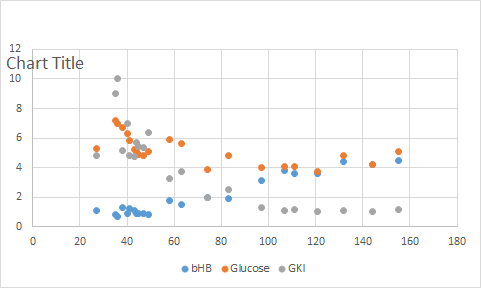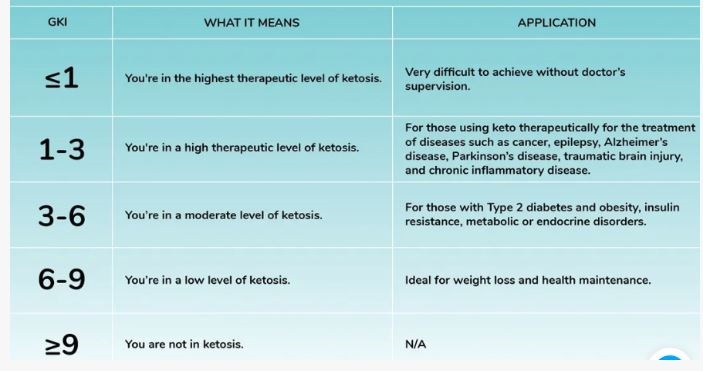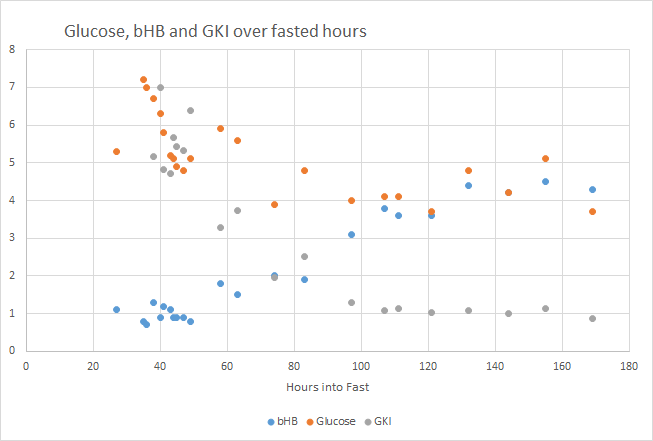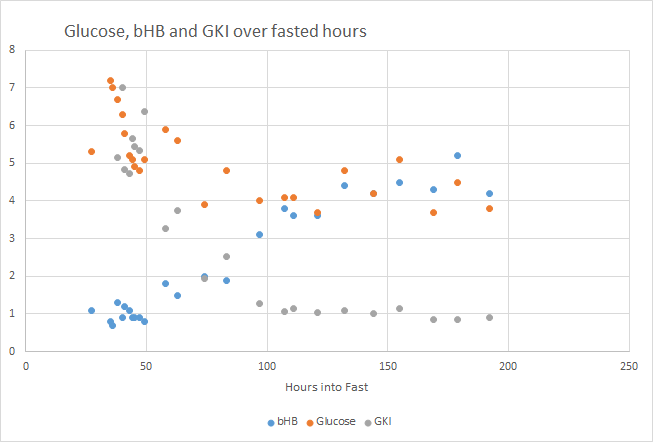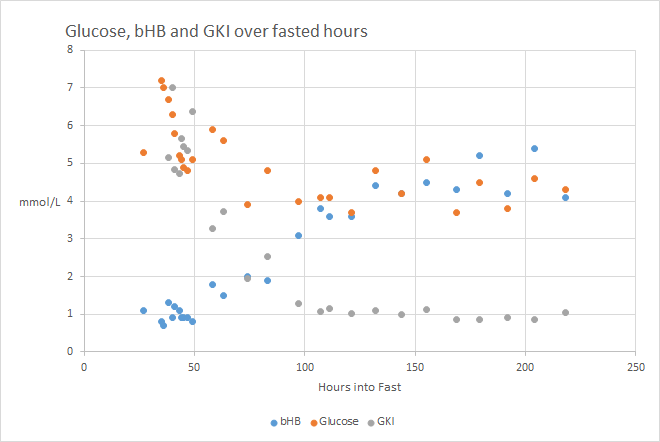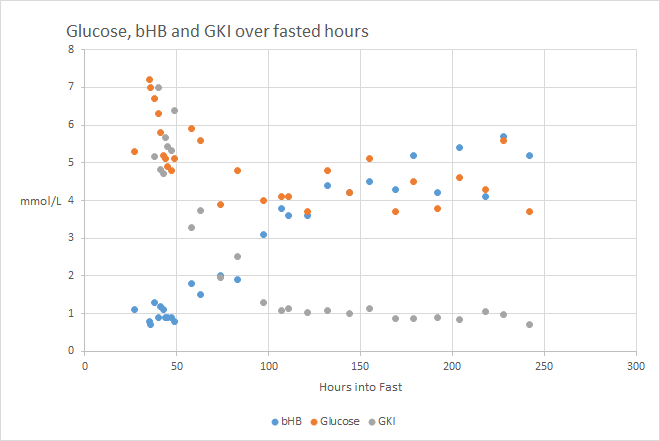Hi Paul,
I just did about one hour of research (so again, hardly enough to make me a full fledged expert), but here is what I found to answer your questions, and then I will make comments of my own.
By what possible mechanism could thiamine levels influence diabetes, or vice versa?
https://pubmed.ncbi.nlm.nih.gov/19423748/ It looks like there is a vicious cycle whereby decreased thiamine leads to increased insulin resistance and decreased insulin production in the pancreas. Which after a while produces more thiamine excretion and the problem gets progressively worse.
Do diabetics have better glucose control if they receive thiamine supplements?
Yes they do, and noticeably so. But only if they are given way more than normal (like 5 mg a day to supplement). (had good link in NHI but lost it)
And what effect does thiamine supplementation have on their level of insulin resistance?
Thiamine supplementation increases insulin secretion by the pancreas and uptake of glucose, thereby decreasing insulin resistance. (see first link)
Diabetics need thiamine just as much as everyone else - but ketogenic may not as much. One of the major reasons for thiamine is the digestion of glucose. People on zero carbs may require much less, but still some as thiamine is also important for the absorption of glucose by the brain (which is still about 20% of brain energy even in zero carb environment) in addition to the previous insulin secretion and absorption issues.
https://onlinelibrary.wiley.com/doi/10.1111/j.1742-1241.2011.02680.x
Now my follow up comments.
- Thiamine is vital to our bodies regardless of metabolic state
- You are totally safe to take extra thiamine (no damage caused by excess thiamine, it is just excreted in the urine). So one may ask, why NOT supplement thiamine?
- The body stores about 25-30 mg of thiamine in the bones and organs. I could not confirm standard daily usage (probably depends a LOT on carb ingestion), but if we just use the idea that the body should get 1.2 mg a day. That leaves a storage of (at worst case) 21 days before our body would totally run out of thiamine (I am sure it is much longer, but there is a worst case scenario starting point).
- If I am not ingesting thiamine for 14 days, I could be running low in my stores, thereby (temporarily) affecting both my insulin resistance and damaging my pancreas. Again, since it is safe to over-supplement, I think it would be smarter to do that than not supplement.
I just received tricalcium phosphate in the mail (yah!). And I am expecting a few more deliveries including a package with thiamine (50 g bag of powder scheduled to arrive on day 13 of my 14 day fast). I plan (now that I have done more research) to ingest 5 mg of thiamine when it arrives and everyday until I am eating normally again. This can only help (cannot hurt) and if it was not needed I will never know. Since I am not ingesting many carbs when eating, I do not expect to have to supplement at that time.

 )
)